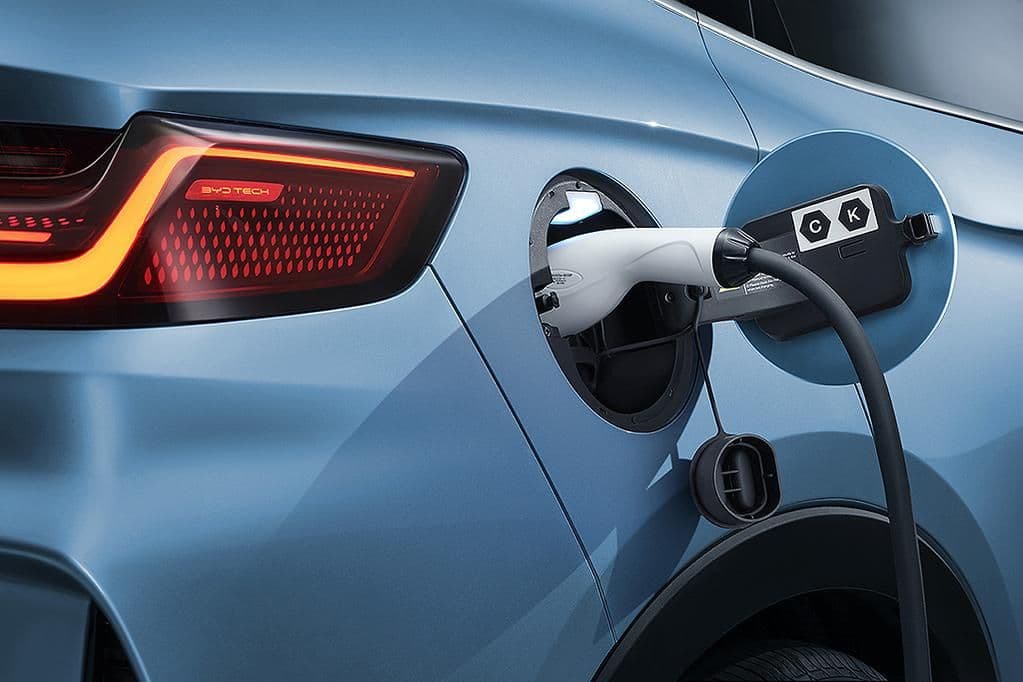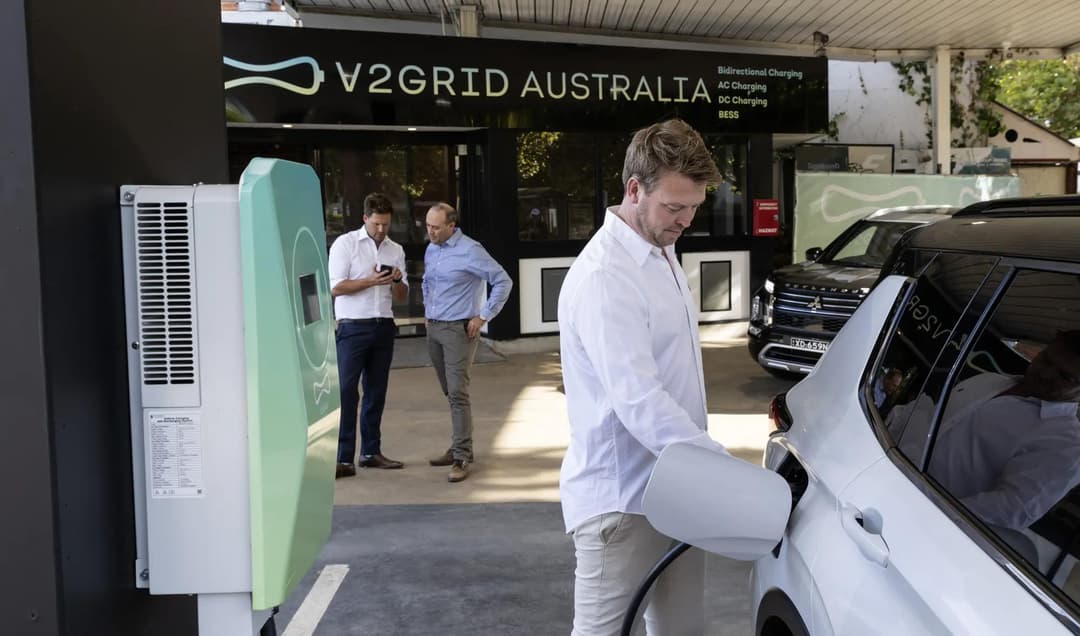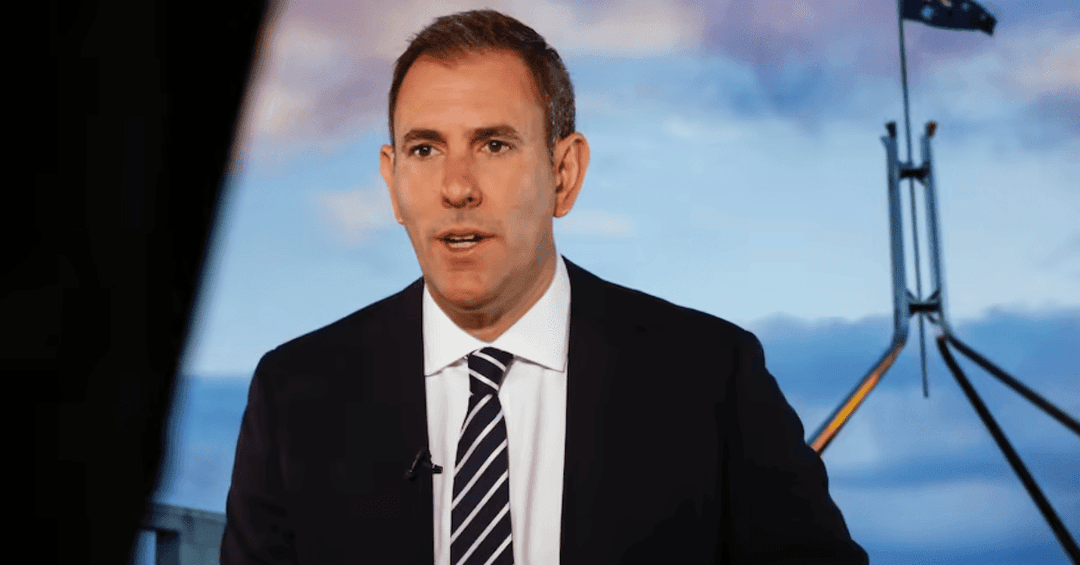The Federal Government is considering a national road user charge for electric vehicles (EVs) to address the revenue gap left by the decline in fuel excise tax. While details remain unclear, the proposed charge is expected to be a per-kilometre tax on EV drivers, mirroring past state-level attempts that faced legal hurdles.
▶️READ MORE: Cost to Charge an Electric Car in Australia

Why a National EV Road Tax?
Australia's fuel excise tax, traditionally used to fund road infrastructure, is shrinking as more drivers switch to low- and zero-emissions vehicles. Most states currently exempt electric vehicles from a 'road tax' until certain milestones have been reached. For example, in NSW, a road user charge will take effect following the earlier of: EVs comprising 30% of new vehicle sales or 1 July 2027.
Treasury data predicts fuel excise revenue could effectively hit zero by 2050, aligning with CSIRO projections that 97% of new-car sales will be electric by then.
- 1999-2000, fuel excise comprised 7.4% of total tax revenue.
- By 2024-25, this figure is expected to drop to 3.9%.
- Projections for 2050 indicate fuel excise revenue could be nearly zero.
▶️MORE: Electric Car Incentives in Australia: State by State Guide

The Push for Federal Legislation
A federal-level road tax became the only viable option after the High Court struck down Victoria's state-imposed EV charge in 2023, ruling that such a tax must be federally legislated. Treasurer Jim Chalmers has hinted that the policy is under active consideration, but it is unlikely to take effect before the next federal election.
▶️MORE: Introduction to Electric Vehicles: BEV vs PHEV vs HEV
State-Level Precedents and Challenges
Before the High Court ruling, Victoria charged:
- 2.8 cents per kilometre for EVs and hydrogen-powered vehicles.
- 2.3 cents per kilometre for plug-in hybrids (PHEVs), which also paid fuel excise when using petrol.
New South Wales has outlined plans for a similar road tax:
- 2.906 cents per kilometre for EVs and hydrogen-powered vehicles.
- 2.324 cents per kilometre for PHEVs.
- It is set to begin in July 2027, when EVs make up 30% of new car sales.
However, with the legal precedent set in Victoria, NSW may also face a High Court challenge.
▶️GUIDE: Electric Car FBT Exemption Explained (2025)

Industry and Public Reactions
The idea of a national EV road tax remains controversial. Critics argue it could slow EV adoption by making ownership more expensive, just as manufacturers work to reduce costs. The Greens oppose the policy, while the Federal Opposition has left the door to support it.
▶️MORE: Best EV Charging Networks in Australia
Some industry leaders, like Chris Jones of the Australian Electric Vehicle Association, argue that any road user charge should replace fuel excise entirely and apply to all vehicles, including heavy trucks, contributing significantly to road wear.
Stay up to date with the latest EV news
- Get the latest news and update
- New EV model releases
- Get money savings-deal
